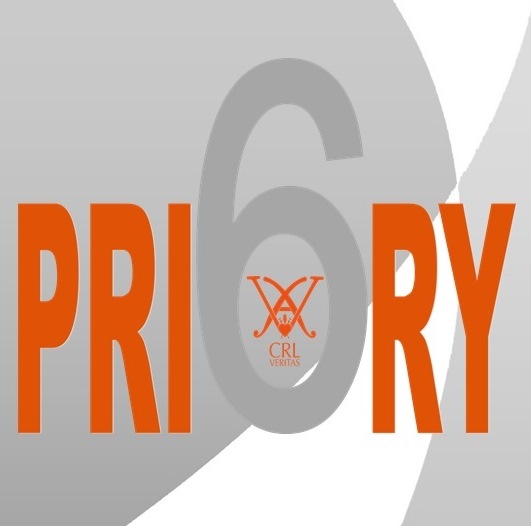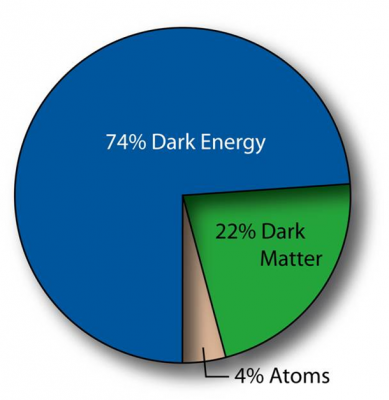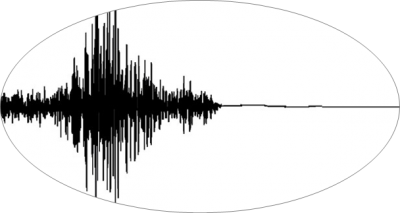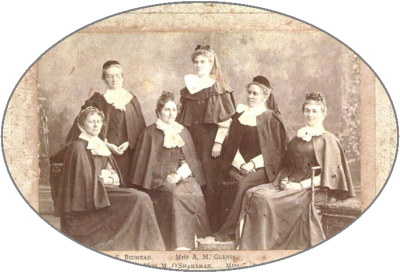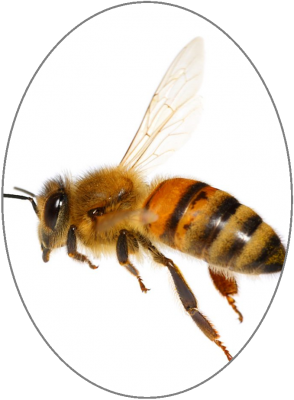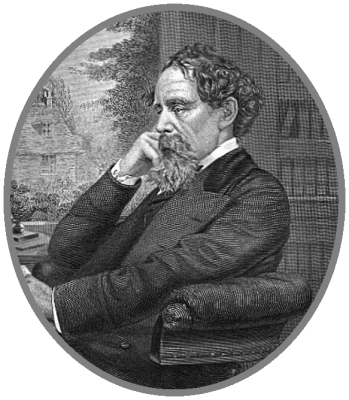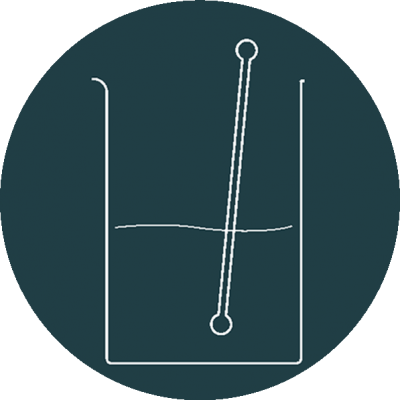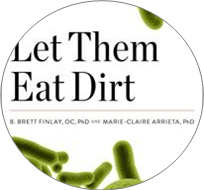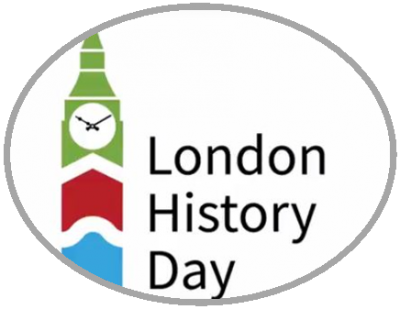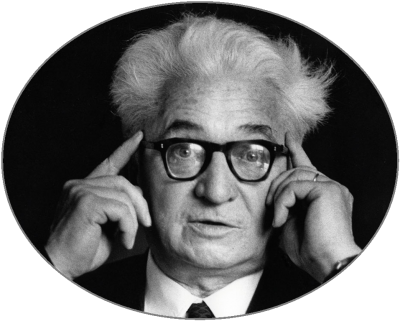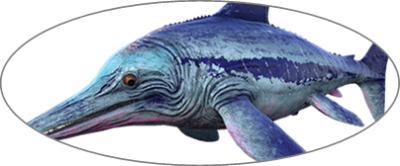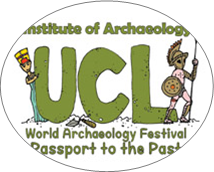The Week of Monday 22nd May and Half Term
Trains, earthquakes, bees and Charles Dickens. These and a lot more are on offer from Mr Salmon’s selection of talks in London over the next two weeks! For more information, please see Mr Salmon.
Monday 22nd May
Islamism: A political, social, and cultural battle is raging in the Middle East. On one side are the Islamists, those who believe Islam should be the region’s primary identity. In opposition are nationalists, secularists, royal families, military establishments, and others who view Islamism as a serious threat to national security, historical identity, and a cohesive society. T Osman EBRD. LSE 1830 Free. http://www.kcl.ac.uk/lsm/newsevents/eventrecords/2017/jul/Mission-Discovery-Summer-School-2017.aspx
Crossrail: A 21st century railway: Europe’s largest infrastructure project, Crossrail is now 80% complete as it delivers London’s new metro railway; the Elizabeth line. 1830 Institute of Civil Engineers. Free. Book. A friendly bunch in a lovely venue. They are hunting for prospective engineers…. They also have just opened an exhibition on Tunneling that is supposed to be very good. https://www.ice.org.uk/events/crossrail-a-21st-century-railway-London
Tuesday 23rd May
What is the Universe made of?: The vast majority of the universe is invisible and, so far, undetectable. Baryonic matter, the ‘ordinary’ matter that we can encounter and see, accounts for just 5% of the total. A curious combination of what scientists call dark matter and dark energy accounts for the remaining 95%. The elusive properties of these constituents mean they are difficult to detect and little understood. In 2020, however, telescopes will attempt to rectify that by creating a dark matter map, surveying three quarters of the accessible sky and looking back in time over three quarters of the age of the Universe. Dr T Kitching. Café Scientifique at the Royal Society 1830. Free. https://royalsociety.org/science-events-and-lectures/2017/05/universe-made-of/
Wednesday 24th May
Dealing with Earthquakes: Earthquake engineering as if people mattered: Prof E Booth. Earthquakes don’t kill people; buildings do. What can civil engineers do to help? 1800 Institute of Civil Engineers. Free. Book.
https://www.ice.org.uk/events/mallet-milne-lecture-dealing-with-earthquakes
Global health inequalities as human rights violations: Prof Gorik Ooms. The right to health care is a human right. Discuss. LSHTM 1715 Free.
Inequality in global earthquake risk today: What were originally small villages grow into towns, then cities, and now mega-cities with several million people. But their growth has, in general, not been accompanied by any reduction in exposure to earthquake hazard. It is this close relation between where people live and geology that leads to the apparent bulls-eye targeting of cities by earthquakes. As a result, we should expect many more disasters this century, some of which will be far worse, in terms of mortality, than those we have already seen. Prof James Jackson, Cambridge. Outstanding speaker. 1800, Geological Society, free, need to book.
https://www.geolsoc.org.uk/GlobalEarthquakerisk17
Thursday 25th May
Nursing on the Veldt: The Boer War and Military Nursing: The Boer War was the first major British conflict in which nurses in large numbers were deployed. At the end of the war in 1902 a new nursing service was created, the Queen Alexandra’s Imperial Military Nursing Service (QAIMNS). Find out from Keiron and Alison Spires who these nurses were, why they volunteered for South Africa, and how they helped to shape the nursing service that worked to good effect in WW1. A bit of a curiosity; could be interesting. 1730 RCN Free. Need to book.
Friday 26th May
How Bees Fly: They do, but apparently they should not. One of the superb UCL lectures for Sixth Formers. Dr Ken Zetie. UCL 1830, free. https://www.ucl.ac.uk/phys/department/science_centre/tabs/programme
Half Term
Monday 29th May: Quiet…. Have a BBQ?
Tuesday 30th May
From Pickwick to Tiny Tim: Charles Dickens and Medicine: Charles Dickens’s expert eye for detail enabled him to describe many medical conditions in his writings. He supported hospitals, children’s welfare, public health and the rehabilitation of prostitutes. Through his Journals and lectures he was able to reach out to the population at large and campaign on all of these issues. Dickens also suffered with a number of medical conditions which will be discussed in detail during the lecture. Museum of London 1800. Free. https://www.gresham.ac.uk/lectures-and-events/from-mr-pickwick-to-tiny-tim-charles-dickens-and-medicine#622TkJDA6JYstpM7.99
Chemistry Stories: There are stories about chemistry behind every new drug discovery, every baked cake and every baking powder volcano. This storytelling event will explore how the human side of chemistry can be hilarious, heart-breaking, delightful and shocking through true stories told by both scientists and non-scientists. 1830 RSC Burlington House. Free. Need to book. http://www.rsc.org/events/detail/26678/Chemistry%20stories
Let Them Eat Dirt….: Although hygiene and antibiotics have overall improved our health, we might have taken our war against germs too far. B Brett Finlay will talk about why a little dirt and our microbes might be good for all of us, as he discusses his new book, Let Them Eat Dirt, co-authored with Marie-Claire Arrieta. Maybe one for your parents. So, let your children eat mud pies and shower once a week… Royal Institution 1900. Cheap.
http://www.rigb.org/whats-on/events-2017/may/public-let-them-eat-dirt
Wednesday 31st May
London History Day: South Bank Centre and other venues. London History Day takes place across the capital on 31st May 2017. This day was chosen by Historic England to celebrate the rich and diverse history of London. Organisations across London will be showcasing special objects within their archives and collections with strong links to our city. https://www.southbankcentre.co.uk/whats-on/122133-london-history-day-2017
Exoplanets and the nature of other worlds: The discovery of exoplanets sparked a revolution in astronomy and captured our imagination. Today, about 1,000 such objects have been found. We have learned that planets are common, and that their properties are much more diverse than originally predicted. Their nature remains mysterious. Our solar system is just one solution to nature’s problem of making planets. The speaker was the discoverer of the first exoplanet. Probably in line for a Nobel Prize. Prof Didier Queloz. IOP 1830. Free. Need to book. This may be popular, so get in early.
Tel Dor and Cross-Mediterranean Interactions 1400-400 BC: A Non-Braudelian Story: Tel Dor, on Israel’s Carmel Coast, was one of the main anchorages of the Southern Levant during the Bronze and Iron Ages, and an important interface between north-south and east-west trade routes in the region. This lecture will explore the fluctuations between the site’s commercial spheres of interaction, highlighting the decisive effects of histoire événementielle, and the emergence of so-called ‘Phoenicianism’. This will be a bit more interesting than it sounds. The Braudel approach matters. Ayelet Gilboa (University of Haifa). UCL Institute of Archaeology 1800. Free.
Thursday 1st June: Revision day
Friday 2nd June
The incredible Ichthyosaurus: a reassessment of a British Jurassic Icon: Ichthyosaurus was the first ichthyosaur to be described, in 1821. Thousands of Ichthyosaurus fossils have been found in the UK, with most coming from the Jurassic Coast, Dorset, and from inland quarries in Somerset. By 1900, over 50 different species of Ichthyosaurus were described from fossils across the globe, but most of these were subsequently identified as different types. In this talk, Dean will share with you his extensive research on Ichthyosaurus. They are NOT dinosaurs…. Geological Association at the Geological Society. 1800. Free. Book. https://geologistsassociation.org.uk/lectureabstracts.html#june17
Advance warning
Saturday 10th June
Institute of Archaeology Open day: Come and join the UCL Institute of Archaeology for some free, fun family events at the World Archaeology Festival. The festival will host a range of exciting archaeology-related activities, including behind the scenes tours, art activities and artefact handling for all ages. 1200-1700 Free. Last year they skinned a goat with flint blades… http://events.ucl.ac.uk/event/event:ac6-iz8pblrt-lo0xpu/world-archaeology-festival

